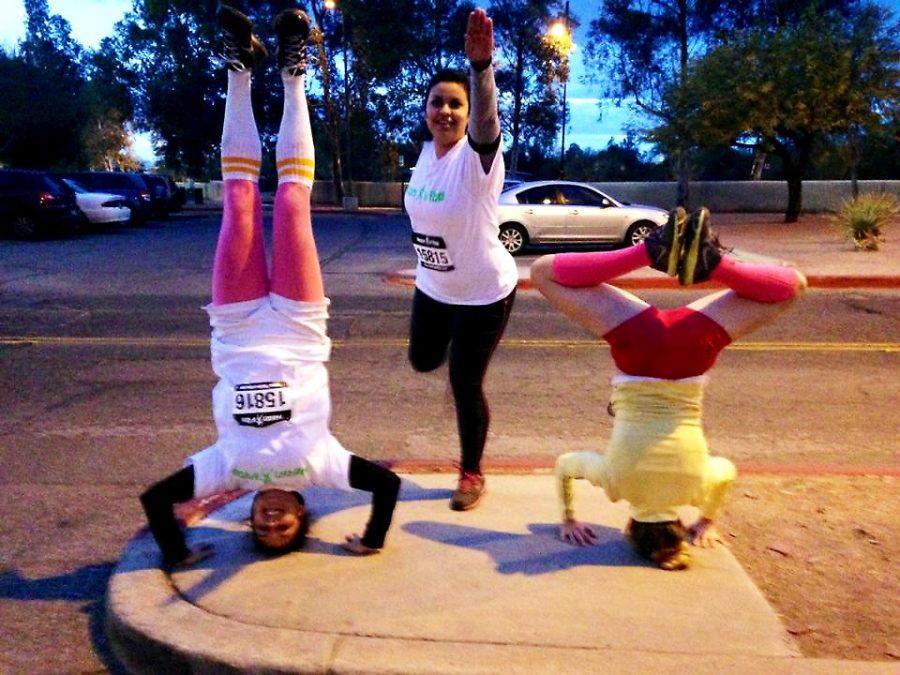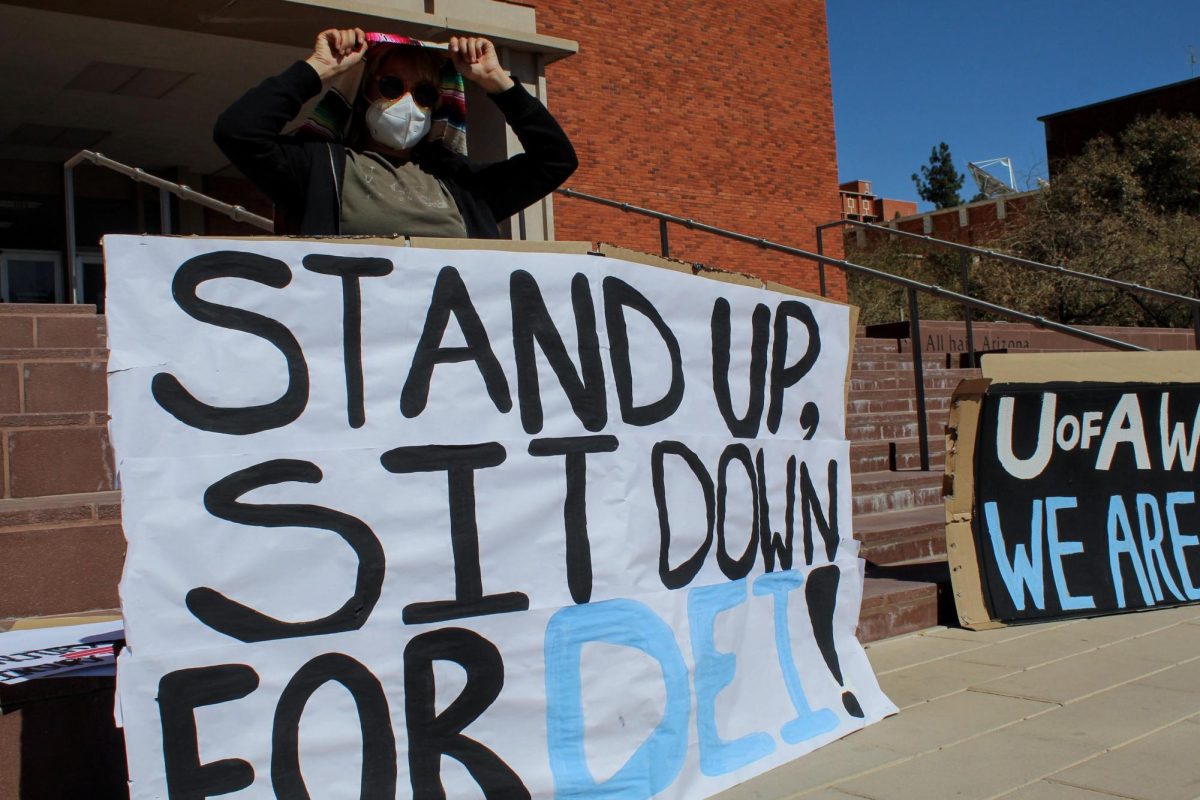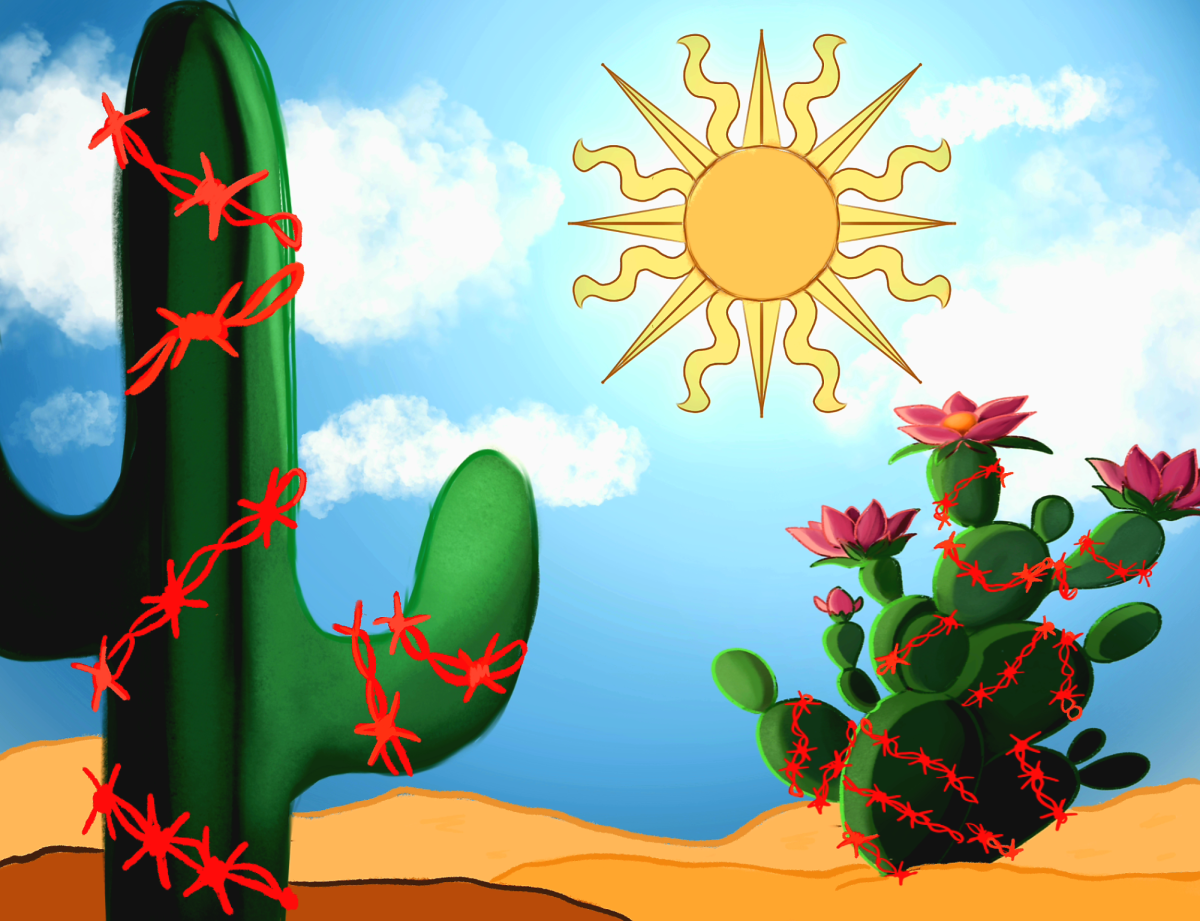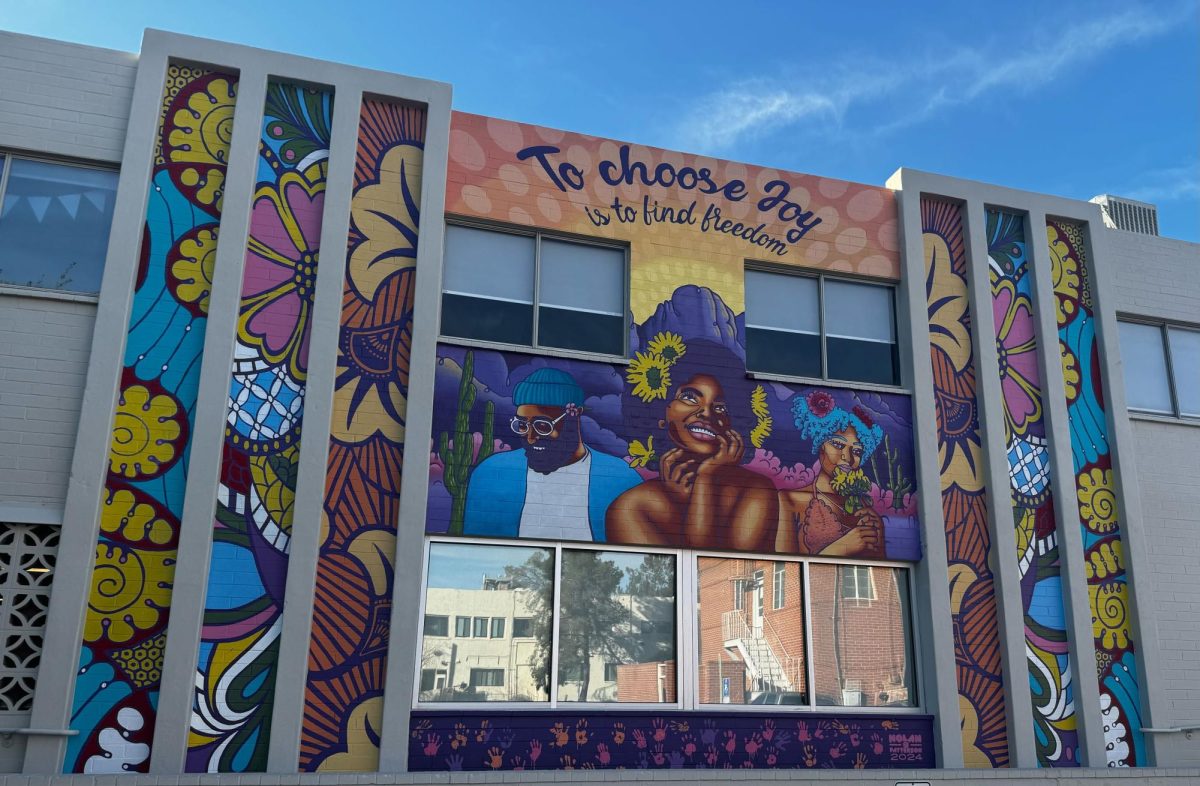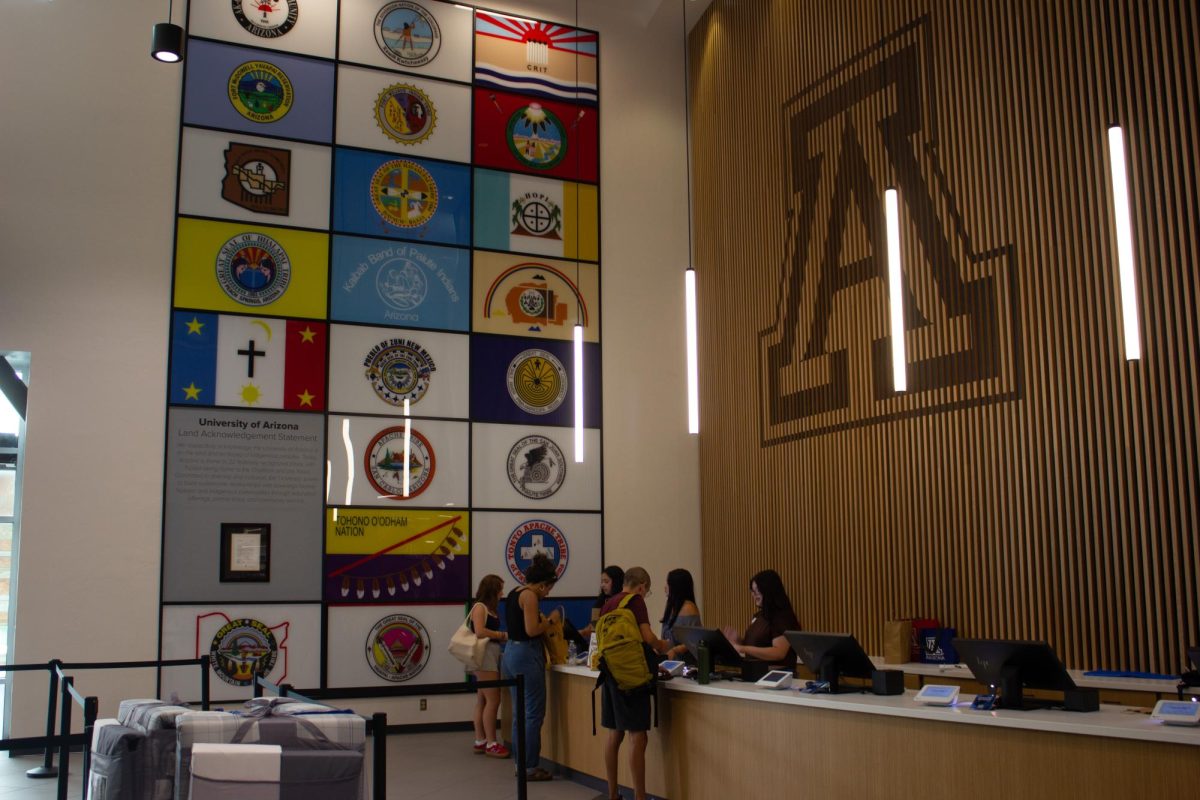A new club on campus is helping students to branch out and reach their potential.
LEAD, which stands for leadership, extracurricular, academics and difference, is a new club on campus that focuses on helping students grow and achieve their life goals, said Erin Reynolds, campus leader of the UA section of LEAD.
The club originated with a summer program hosted by Southwestern Advantage that helps college students to develop the skills and the character they need to grow in life, Reynolds said.
“They’ve been doing the summer sales and leadership program since 1868,” Reynolds said, “and what they realized was … it’s a very small amount of students in a very short period of time.”
The LEAD program was created when a group of people who worked at the summer program decided they needed a way to increase the impact of the summer sessions, Reynolds said. LEAD is now on 27 campuses across the country.
The program focuses on three main components: weekly seminars, one on one meetings and a growth notebook, where students write down personal assessments on their growth over the course of a semester, Reynolds said.
Topics for the weekly seminars include habits of successful people, building momentum throughout the school year and the art of happiness, said Andrew Alvarez, a junior studying management information systems and accounting and member of LEAD.
Ryan Shively, management information systems senior and member of LEAD said, its mission is to help students identify life goals and focus on them.
“The point of the program is … to get a big group of people together that all have goals that they’re trying to set, either academically or career-wise,” Shively said. “It’s a place they can help develop a path to reach those goals.”
The goals students set don’t have to be about academics or leadership, but can involve any aspect of life, Alvarez said.
“Say if a kid wants to maybe lose weight … but never really understands how important it is to set that goal or even how to set that goal,” Alvarez said. “It really helps kids understand more about themselves.”
Members of LEAD act as mentors for younger students and then become coaches once they’ve demonstrated their own personal growth, Reynolds said.
The service aspect of the program is the most underdeveloped so far, as the club is working on forming partnerships with local organizations, but the other aspects, especially extracurriculars, are well underway at the UA, Reynolds said.
“A couple weeks ago a group of us got together and ran in the [Tucson Neon Vibe 5K],” Reynolds said, “and some people are getting together to watch the basketball game.”
LEAD stands out from other leadership programs on campus because of its range of focus and the way it uses a community to help students achieve personal goals, Alvarez said.
“What the club really does is allow you to evaluate yourself honestly, and then you set weekly goals to meet long term ones,” Alvarez said. “A lot of students think it’s really interesting to have somebody hold them accountable for committing to some sort of semester-long goal.”
Reynolds said that LEAD also stands out because there is no charge to join and no distinct requirements students must meet to participate.
“There’s nothing definite … like ‘you sign here’ and you’re officially a part of LEAD,” Reynolds said.
“It’s all opt in. If you choose to set goals and grow and work hard to develop those goals, then you are a part of LEAD.”
Reynolds said that the program hopes to expand nationally to as many campuses as possible, and has goals to reach 500 students at the UA by May.
“We’ve met up with a lot of very sharp students that are really interested in developing themselves as leaders,” Reynolds said. “So far we’re off to a great start, and the opportunities are limitless as far as how big LEAD could get.”



